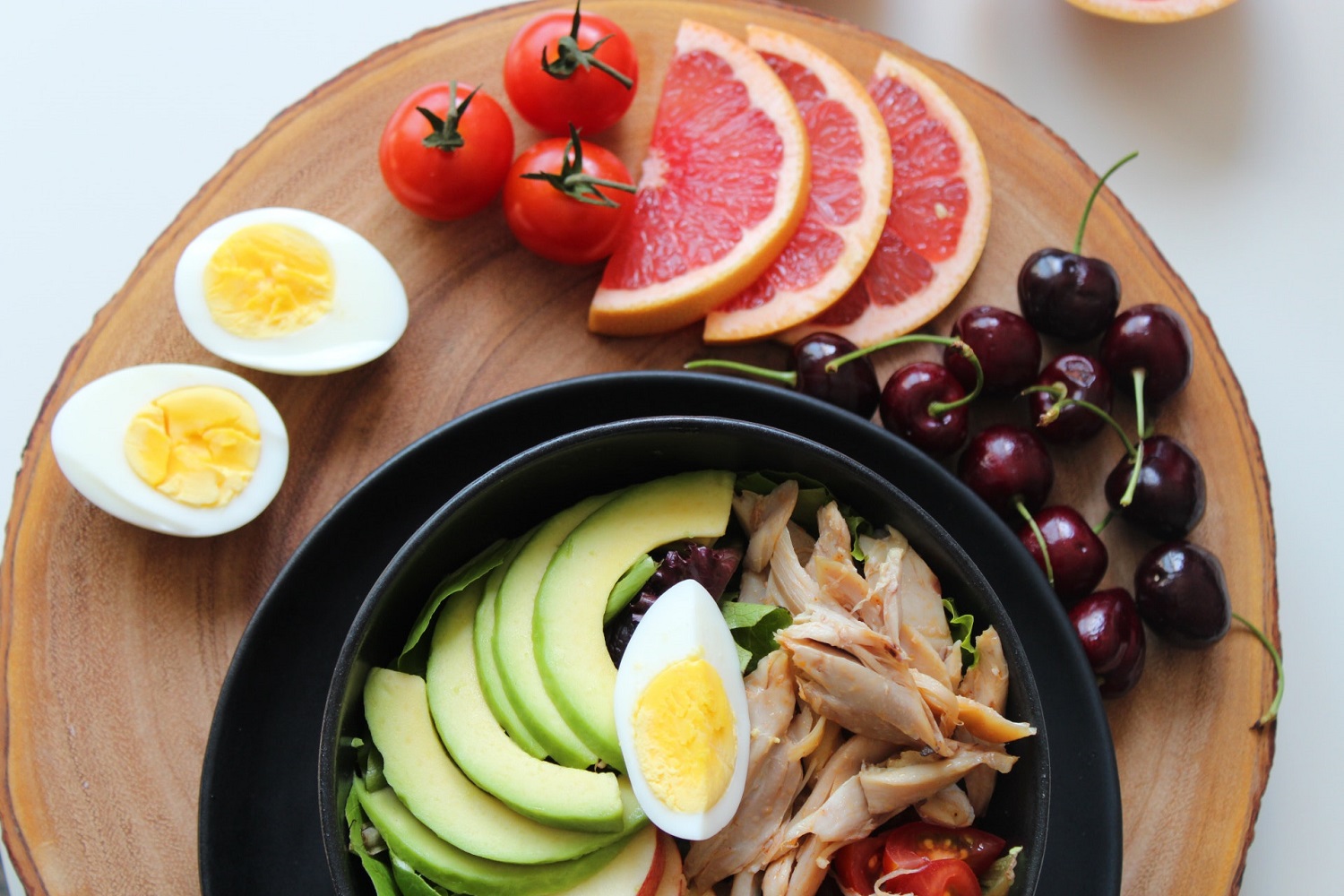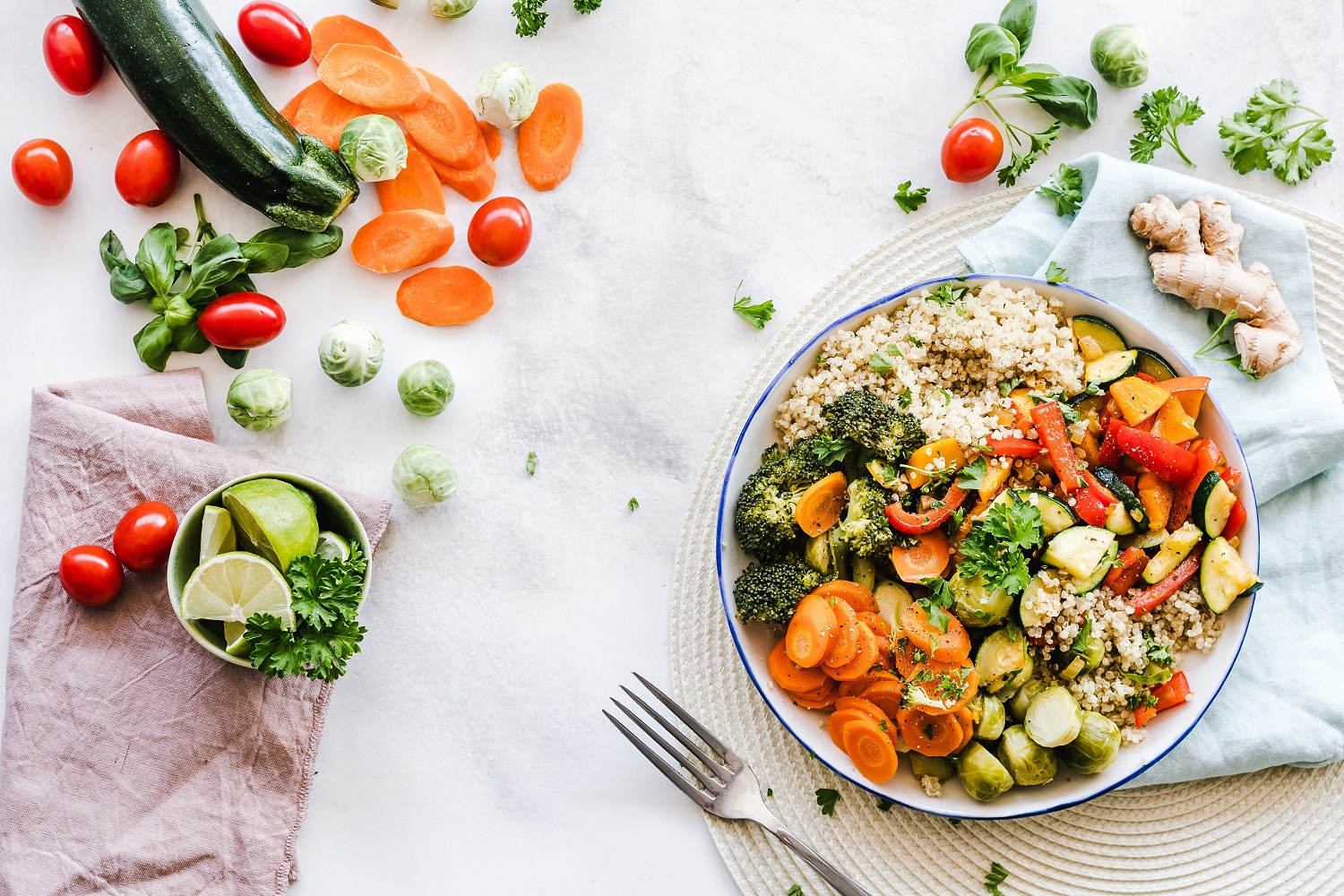The heart is the most important organ of the body. It pumps blood to the rest of the organs so they can work effectively. Therefore, you must keep your heart in good working condition. Eat a proper diet and exercise your heart so that it remains vibrant.
A heart-healthy diet is a solution to heart disease, the leading cause of death today. Being diagnosed with cardiovascular disease can feel like a death sentence and can take an emotional toll, affecting a person’s quality of life.
You want to avoid processed, packaged, or fried foods altogether for a healthy heart. Do you want to learn how to keep your healthy diet? Keep reading.

What Is a Heart-Healthy Diet?
A heart-healthy diet is any nutritious diet that leads to the well-being of the heart. It includes any nutrient-rich foods like fruits, whole grains, veggies, lean poultry, and fish. It is recommended that you eat a heart-healthy diet for people diagnosed with high blood pressure, high cholesterol, or a history of heart disease.
However, you don’t have to wait until you have these hereditary diseases to adopt a cardiac diet. Making a heart-healthy diet your lifestyle is important if you want to lead a healthy lifestyle. A healthy diet should be coupled with regular exercise to have a healthy heart.
Nutritious food boosts your energy leading to healthier choices. If coupled with cardiac and overall exercises, you will have a healthy heart, leading to a happy and quality life. Exercises also strengthen bones hence avoiding accidents and injuries. Below are the foods to eat.
What Foods Are Not Heart-Healthy?
Avoid sugary foods, processed foods, fried foods, high-fat foods, and junk food. Moreover, these foods lead to gaining weight that can culminate in obesity and other diseases.
A heart-healthy diet will help you lose weight, and lower your blood cholesterol and blood sugar levels.
High Fiber Foods
Vegetables and fruits are healthful foods. They reduce inflammation and provide the nutrients the body needs hence boosting your immune system. The more vegetables and fruits you eat, the less junk you are liable to eat.
Every fruit and vegetable is good for you, as long as you’re eating them with no added sugars and salts. You can eat either soluble fiber (e.g., oatmeal, beans, fruits, nuts, and barley) and insoluble fiber (wheat cereals, whole grains, and vegetables).
Omega-3 Fatty acids
Fatty acids are found in some nuts, seeds, and fatty fish. These good fats lower triglyceride levels, reduce blood pressure, slow the growth of plaque in the arteries, and avoid the risk of arrhythmias.
If you are on a cardiac diet, your doctor may recommend an Omega-3 supplement, but you should complement it with Omega-3 foods like Tuna, Herring, Salmon, Walnuts, Ground Flaxseed, Chia seeds, Hemp seeds, and Sardines.

Avoid Unhealthy Fats
Ensure you avoid unhealthy fats or bad fats if you are more concerned with a vibrant heart and overall health. Bad fats include bad cholesterol that comes from artificial trans fats.
Therefore, before you buy commercially prepared foodstuffs, check the labels for artificial trans-fats, even if it says ‘partially hydrogenated’ oil among its ingredients.
Also, limit the number of saturated fats, usually found in dairy, tropical oils, and red meat. Take dairy in moderation and opt for fish, skinless chicken, vegetarian protein sources, and eggs.
Avoid Sugars or Refined Carbs
When you are cutting out heart-unhealthy foods like unhealthy fats, you must swap them with healthy fats. For instance, you can do away with processed meats and replace it with fish or skinless chicken.
On the other hand, swapping animal fats for refined carbohydrates, such as replacing bacon with sugary cereal or donuts, won’t change much about protecting you from cardiovascular diseases.
Final Thoughts
A cardiac diet is one that is meant to lead to a healthy heart. If you are already diagnosed with cardiovascular diseases or hypertension, you want to avoid processed foods, saturated or unhealthy fats, and fried foods.
You should take more fruits, vegetables, whole grains, and nuts.
